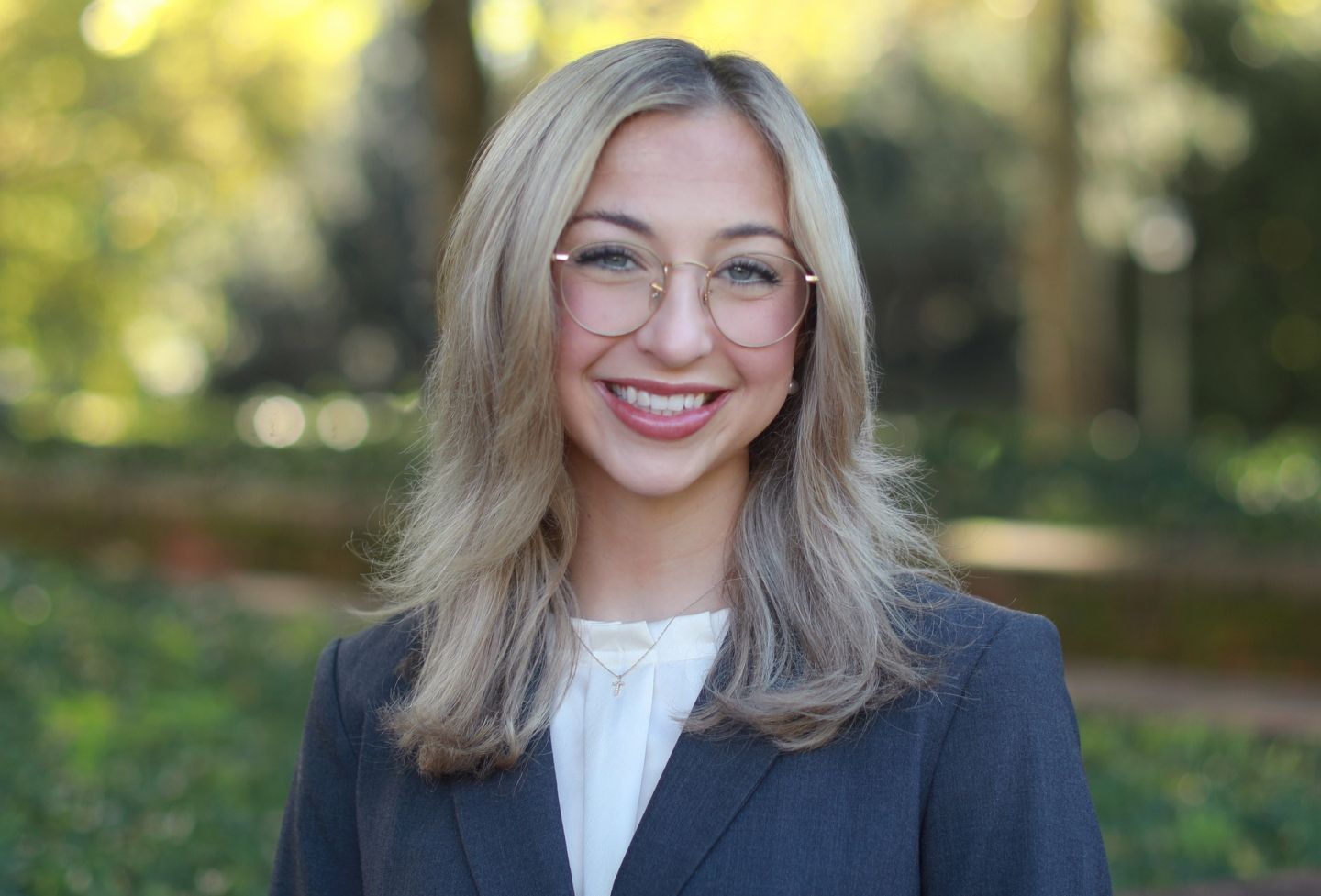Despite the nation's decreasing emphasis on war, jobs for lawyers in national security will continue to exist in significant numbers and graduates who are patient and flexible with their careers can get the jobs, top advisers told University of Virginia School of Law students during a Feb. 17 career panel.
The five attorneys who gave advice, all of whom are current or former high-ranking legal officials, included three Virginia Law graduates and a fourth panelist who received her undergraduate degree from the University.
"The role of lawyers in working for national security issues has grown, and I don't think that's going to reverse, said Mary DeRosa, a 1981 graduate of the University of Virginia who, from 2009-11, served the Obama Administration as deputy assistant and deputy counsel to the president, and as National Security Council legal adviser. DeRosa is currently a distinguished visitor from practice at the Georgetown University Law Center.
William Monahan '93, counsel to the U.S. Senate Armed Services Committee, said the large number of jobs created by the war on terrorism may be contracting in the short term, but the field is not declining.
"We had several years where there was this massive expansion effort ... into the national security area," Monahan said. "And at some point that pendulum now is swinging back." But, he added, "Terrorism is definitely not going away."
Nor, he said, is the need for legislators to be advised.
"From a hill perspective I would say the upside is you'll always have 100 senators in the Senate, and they will always have staff," Monahan said. "The downside is it's a really unfair market in that they have the jobs, and there are thousands of people wanting those jobs. So they are able to hire overqualified people at entry level."
DeRosa said even though there are fewer opportunities for students right out of law school, initially working at a law firm as a litigator or as part of a firm's national security practice, or in any setting where the focus is on privacy and technology, will help.
"Keep your toe in the international security world," DeRosa said. The goal, she said, is to "meet people who know people who know people."
Founded in 1819, the University of Virginia School of Law is the second-oldest continuously operating law school in the nation. Consistently ranked among the top law schools, Virginia is a world-renowned training ground for distinguished lawyers and public servants, instilling in them a commitment to leadership, integrity and community service.


